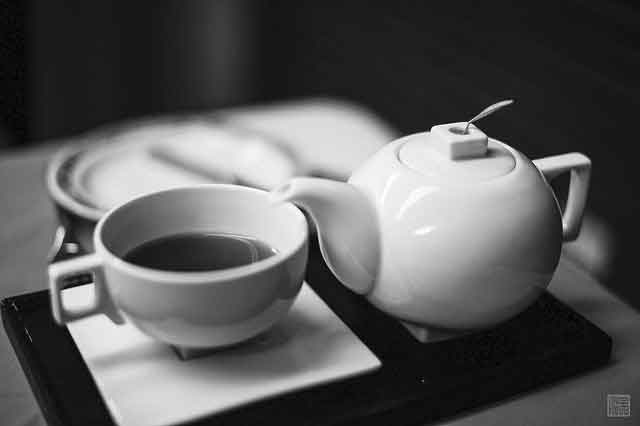
By Emily Skillings (Contributor) – Email
Print Edition: October 22, 2014

Besides water, tea is the most widely-consumed drink on the planet, and it could be making us healthier.
Each variety of tea seems to tout some sort of health benefit, and a few are even proven by science. While the list of new man-made flavours is constantly growing, we’ve looked into the four most common varieties to see just how tea can help us.
Black tea
Best for: Waking up and tasting great
According to WebMD.com, the classics like chai, Earl Grey, and English Breakfast come from darker, more oxidized leaves. Black teas usually have a robust flavour and provide a more mellow caffeine boost than coffee. Antioxidants in black tea are linked to reducing your chances of heart disease, but the amount of milk and sugar most people add to their cup can easily cancel out those benefits.
Green tea
Best for: Energy and antioxidants
If a more natural or plain taste is your preference, green tea may be the holy grail. Megan Ware, RDN, LD, registered dietitian and nutritionist, wrote in MedicalNewsToday.com that multiple studies have shown green tea to be full of catechin polyphenols, the same antioxidants in black tea. Green tea also defends against heart disease, obesity (the tea burns fat!), cancer, and in some studies, Alzheimer’s. Green tea is made up of 30 to 40 per cent of the amazing polyphenols, compared to black tea’s three to 10 per cent. While somewhat boring, green tea is a very healthy addition to any diet.
White tea
Best for: Light flavour and perhaps the fountain of youth?
White tea leaves are the most delicate and least processed of all teas. According to many websites such as WebMD, ScienceDaily, and PacificCollege.edu, white tea preserves way more antioxidants, reduces cholesterol, heart disease, wards off cancer, and possibly even fights viruses. These precious leaves could be the next big health trend. The flavour is very plain and offers the least amount of caffeine. Feel imperial knowing that this hand-harvested, cancer-fighting cup was long known as the “Emperor’s Drink” in ancient China, according to Teavana.com.
Herbal teas
Best for: Sleep and exploring Chinese medicine
Meredith Dault writes in BestHealthMag that herbal teas skip the caffeine and antioxidant-bearing tea leaves, instead using dried flowers, leaves, seeds or roots. It’s popular in Chinese and holistic medicine, and it seems every kind of herb has a health value. Peppermint, rosehip, hibiscus, ginger: The list of potential herbal teas is endless. The health benefits are less proven by Western science, but herbal teas are worth trying even just for taste. If all your tea tasting has left you a little buzzed, opt for chamomile tea before bed.
From reducing stress to preventing cancer, everyone has a reason to find their favourite tea. Now someone throw the kettle on!



